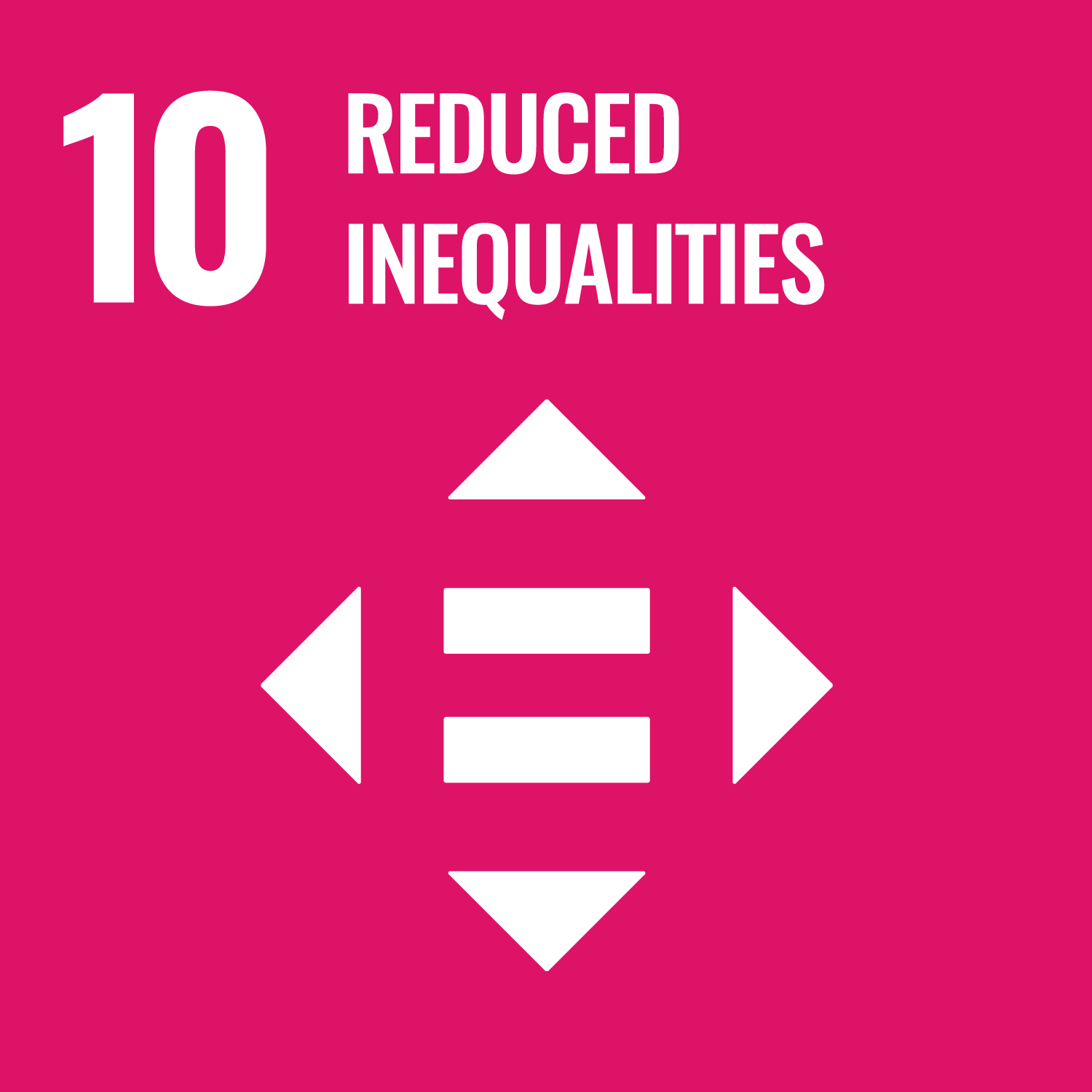Residential care for disabled people
Aligned SDGs


- Residential care for disabled people
- General overview
- Location
- Involved organisations
- Outcome metrics
- Spreadsheet of data
- Residential care for disabled people
- General overview
- Location
- Involved organisations
- Outcome metrics
- Spreadsheet of data
General overview
Stage of development: Implementation
Policy sector: Health
Date outcomes contract signed: May 2021
Start date of service provision: Jul 2021
Anticipated completion date: Sep 2023
Capital raised (minimum): Russian Ruble 29.17m (USD 401.15k)
Max potential outcome payment: Russian Ruble 30.92m
Service users: 24 individuals
Intervention
The project aims at achieving adaptation of disabled people to the conditions of accompanied living in separate houses with their subsequent transition to independent living with regular and (or) periodic support (16 citizens from PNBH) and to the conditions of accompanied individual living at home (8 citizens living at home with parents/guardians). The focus is on the development of their independence and self-realization, development of working skills, gaining work experience and employment.
Target population
Group 1: people 18 years old and over with disabilities, living in the Chelyabisk Oblast, receiving social services in a residential form (in a residential social service organization) (16 persons)
Group 2: people 18 years old and over with disabilities, living at home (at the place of residence) in the Chelyabisk Oblast, recognized as needing social services in a residential form, and have never received social services in a residential form (8 persons)
Location
Country
- Russian Federation
Service delivery locations
- The city of Chelyabinsk, Chelyabinsk Oblast
Involved organisations
Commissioners/outcome payers
Service Providers
Investors
Intermediary organisations
Outcome metrics
- The number of disabled people from Group 1, who switched to independent living with periodic company in the form of social services at the place of residence (at home).
- The number of disabled people from Group 2, who continued independent living with periodic company in the form of social services at the place of residence (at home).
- The number of people with disabilities from group 1 and group 2 who confirmed positive changes in their condition and (or) living conditions (satisfaction) as a result of the project.
- The number of people with disabilities from group 1 and group 2 who gained work experience (social and labor rehabilitation), including work experience from special workshops (at least 400 hours of experience for each person during the life of the project).
Spreadsheet of data
Important Notice and Disclaimer on INDIGO Data
INDIGO data are shared for research and policy analysis purposes. INDIGO data can be used to support a range of insights, for example, to understand the social outcomes that projects aim to improve, the network of organisations across projects, trends, scales, timelines and summary information. The collaborative system by which we collect, process, and share data is designed to advance data-sharing norms, harmonise data definitions and improve data use. These data are NOT shared for auditing, investment, or legal purposes. Please independently verify any data that you might use in decision making. We provide no guarantees or assurances as to the quality of these data. Data may be inaccurate, incomplete, inconsistent, and/or not current for various reasons: INDIGO is a collaborative and iterative initiative that mostly relies on projects all over the world volunteering to share their data. We have a system for processing information and try to attribute data to named sources, but we do not audit, cross-check, or verify all information provided to us. It takes time and resources to share data, which may not have been included in a project’s budget. Many of the projects are ongoing and timely updates may not be available. Different people may have different interpretations of data items and definitions. Even when data are high quality, interpretation or generalisation to different contexts may not be possible and/or requires additional information and/or expertise. Help us improve our data quality: email us at indigo@bsg.ox.ac.uk if you have data on new projects, changes or performance updates on current projects, clarifications or corrections on our data, and/or confidentiality or sensitivity notices. Please also give input via the INDIGO Data Definitions Improvement Tool and INDIGO Feedback Questionnaire.